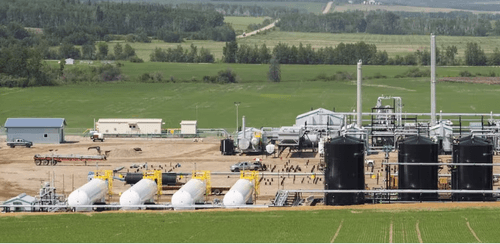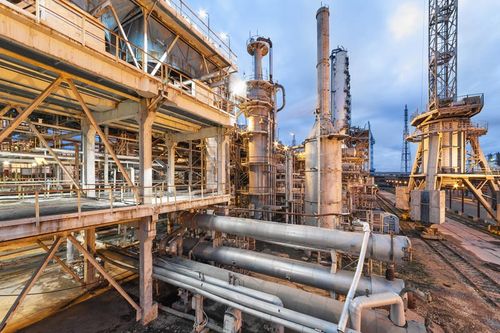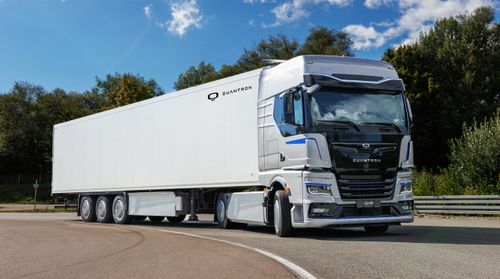Lake Charles Methanol II, LLC (LCM) announced plans to invest $3.24 billion to construct a new manufacturing plant that will produce low-carbon intensity methanol and other chemicals at the Port of Lake Charles.
The company plans to use advanced auto thermal gas reforming technology and employ carbon capture and secure geologic storage to produce low-carbon hydrogen for conversion to methanol, according to a news release.
The project, which was first proposed in 2015, was originally going to gasify petroleum coke and convert it to methanol. It pivoted in 2022, and it submitted a new application to the Louisiana Department of Environmental Quality in October 2023.
The developer previously said it has a long-term agreement to sequester its captured CO2 with Denbury Resources.
According to its website, LCM is being advised by Morgan Stanley on the process to raise equity for the project, and has a commitment to carry the project to FID, expected in mid-2024. It is also negotiating with the DOE for debt financing.
The proposed facility would reform natural gas and renewable gas feedstocks into hydrogen, while capturing carbon dioxide, which would then be used to produce about 3.6 million tons per year of methanol. Lake Charles Methanol plans to work with a third party to capture and sequester about 1 million metric tons of carbon dioxide per year, which would reduce the carbon intensity of the hydrogen for synthesis into low carbon intensity methanol.
“The project will deliver substantial tangible economic benefits to local communities while providing an environmentally beneficial blue methanol product to facilitate the transition to low-carbon chemicals and fuels,” LCM President Don Maley said. “With the strong support of state and local officials and the local community, we believe that Lake Charles is a fantastic location for this project and we look forward to working with all stakeholders to bring it to fruition.”
The project is currently undergoing a FEED study and regulatory permitting. Construction and commissioning of the facility are expected to take about three-and-a-half years, which would allow commercial operations to begin in late 2027.
To secure the project in Louisiana, LED offered a competitive incentives package that includes the comprehensive workforce development solutions of LED FastStart. It also includes a Performance-Based Grant of $5 million to be used for reimbursement of company expenditures for infrastructure needs. The company is also expected to participate in Louisiana’s Industrial Tax Exemption and Quality Jobs programs.







